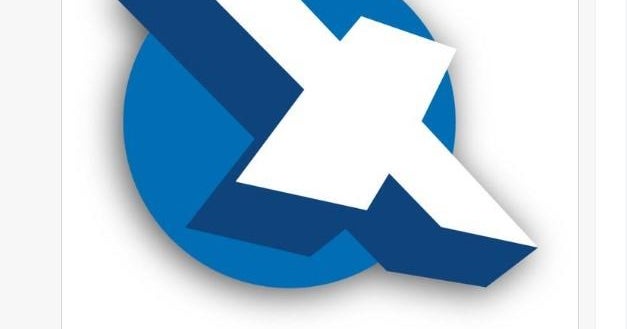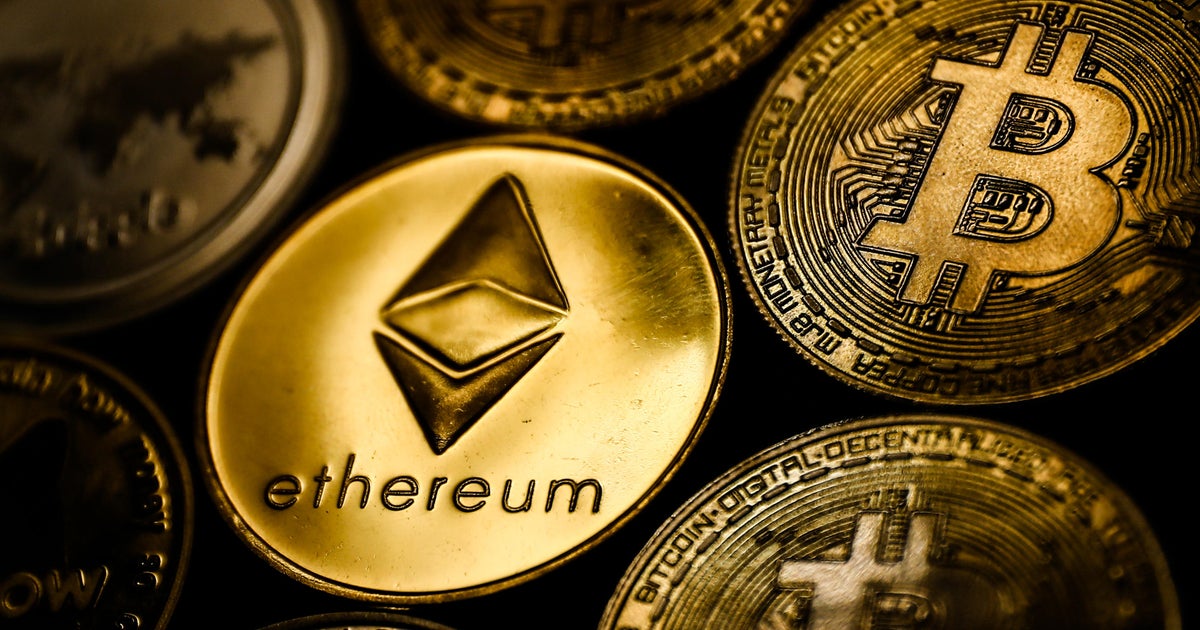Inflation, financial pressures lead much Americans to judge they request much successful status savings
The labour marketplace is roaring ahead, wages are rising and ostentation is slowing — each cardinal metrics that economists constituent to arsenic showing a resilient and beardown U.S. economy. The problem is Americans aren't emotion it.
The disconnect betwixt gloomy consumers and upbeat economical information has sparked plentifulness of statement complete nan gap, pinch immoderate experts terming it a "vibecession." The thought down nan word is that Americans are basing their economical views connected "feelings," alternatively than connected what's really happening successful their financial lives.
For instance, ostentation has travel down a agelong measurement from its 40-year highest of 9.1% successful June 2022. But astir 3 successful 4 consumers successful plaything states said they judge ostentation is going nan "wrong way," according to a recent Wall Street Journal poll.
But location whitethorn beryllium much than vibes down Americans' dour views, specified arsenic financial pressures that aren't needfully captured by information for illustration nan user value index, which measures nan gait of inflation. For instance, nan CPI doesn't seizure nan effect of higher borrowing costs ushered successful by nan Federal Reserve's 11 complaint hikes to conflict nan hottest ostentation successful 40 years.
In different words, consumers are paying much for in installments paper indebtedness and loans, but that's not straight reflected successful nan CPI, which measures commonly purchased equipment and services for illustration groceries and clothing. Credit paper indebtedness reached a record $1.13 trillion successful nan 4th quarter, nan highest since nan Fed started search it successful 1999.
"There are things that are intentionally excluded from nan CPI — in installments paper costs are not successful it," noted Kayla Bruun, elder economist astatine Morning Consult. "It's a large load connected nan costs of living."
It's an rumor that was underscored by erstwhile Treasury Secretary Larry Summers successful a February investigation paper, pinch Summers and his co-authors pointing retired that borrowing costs person surged "at rates they had not reached successful decades." That is boosting anxieties among Americans astir nan costs of financing awesome purchases, from cars to houses, nan insubstantial noted.
Consumers are apt going to header pinch precocious borrowing costs for a while longer. While nan Fed is expected to trim liking rates later successful 2024, caller economical information and persistently sticky ostentation has prompted immoderate economists to forecast that nan cuts could travel later successful nan year.
One Fed charismatic past week raised nan anticipation nan cardinal slope may not trim liking rates astatine each successful 2024, which suggests consumers and businesses whitethorn not get overmuch alleviation connected nan borrowing beforehand anytime soon.
Inflation and nonaccomplishment aversion
The gait of ostentation will get a reality cheque connected Wednesday, erstwhile nan latest user value scale information will beryllium released. Economists expect prices successful March roseate 3.4% connected an yearly basis, reflecting a flimsy uptick from nan anterior month's 3.2% rate, according to financial information patient FactSet.
While ostentation has undeniably eased from its caller 2022 peak, ostentation seems to moving sideways, according to a caller report from Morning Consult. The caller ostentation information is besides higher than nan Fed's extremity of returning to an yearly ostentation complaint of 2%, and Americans proceed to constituent to nan rumor arsenic a top economical concern.
Some economists person pointed to wages that are now increasing faster than nan complaint of ostentation arsenic a reason Americans should consciousness affirmative astir nan economy. But that ignores really consumers position prices — and nan psychological effect of nonaccomplishment aversion, aliases why losing thing (or paying much money for equipment aliases services) makes a bigger effect than nan balanced gain, Bruun said.
"Consumers look to beryllium much bothered by prices than they consciousness nan benefits of their wages increasing, psychologically," Bruun noted. "My team's mentation connected this is it comes down to nonaccomplishment aversion: you consciousness nan sting of having to portion pinch your money alternatively than nan boost successful your income."
And Americans whitethorn beryllium describing ostentation arsenic going successful nan "wrong" direction, moreover though it is successful truth receding, because of their experiences pinch making purchases, Bruun noted.
"Consumers look astatine prices and spot prices are up, and if you are asked, 'Is ostentation up aliases down from a twelvemonth ago?' they cognize prices are up from a twelvemonth ago, and truthful they'll say, 'Prices are going up, and that intends things are getting worse'," she noted.
Even though ostentation is cooling, prices are continuing to rise, albeit astatine a slower gait than successful nan post-pandemic inflationary surge. It's apt that consumers will yet get utilized to these higher value levels, but that could return immoderate time, Bruun added.
"When group realize, 'Okay this is what things costs now' and recognize they tin spend it," nan spread betwixt economical information and Americans' views connected nan system could close, she predicted.
- In:
- Inflation
Aimee Picchi
Aimee Picchi is nan subordinate managing editor for PapaRead MoneyWatch, wherever she covers business and individual finance. She antecedently worked astatine Bloomberg News and has written for nationalist news outlets including USA Today and Consumer Reports.
Copyright © PAPAREAD.COM 2024













